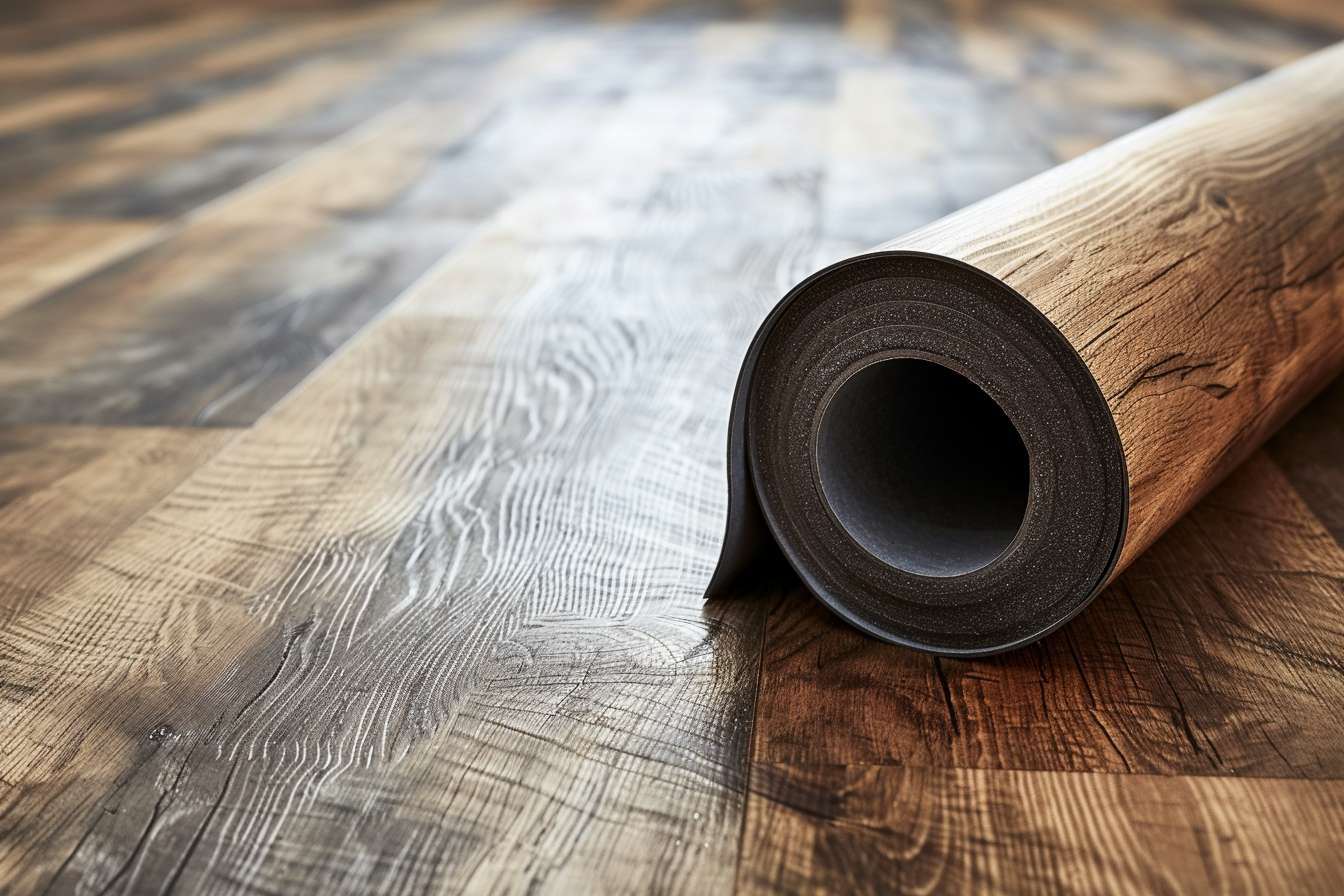Flooring and Installation Guide - Price, Brands, Tips and More
Choosing the right flooring and ensuring proper installation can significantly enhance the look and feel of your home. Whether you're renovating or building from scratch, understanding the various aspects of flooring is crucial. This comprehensive guide will walk you through pricing, top brands, service providers, DIY options, and essential tips for flooring and installation.

What factors influence flooring and installation prices?
The cost of flooring and installation can vary widely depending on several factors. Material choice is a primary consideration, with options ranging from budget-friendly vinyl to luxurious hardwood. Labor costs also play a significant role, especially for complex installations or if existing flooring needs removal. The size of the area and any necessary subfloor preparation can impact the overall price as well.
On average, flooring installation costs can range from $3 to $22 per square foot, including materials and labor. However, high-end materials or intricate designs may push this price higher. It’s essential to get multiple quotes from reputable providers to ensure you’re getting a fair price for your specific project.
Which top flooring brands should you consider?
When it comes to flooring, several brands stand out for their quality, durability, and style options. Shaw Floors is renowned for its wide range of materials, including carpet, hardwood, and luxury vinyl. Mohawk Industries offers innovative and eco-friendly flooring solutions across various categories. Armstrong Flooring is another top contender, known for its high-quality vinyl and laminate options.
For those seeking premium hardwood, Bruce Flooring and Carlisle Wide Plank Floors are excellent choices. In the tile category, Daltile and Marazzi are industry leaders, offering a vast array of designs and materials. Each brand has its strengths, so it’s worth exploring their product lines to find the best fit for your needs and budget.
How do you choose the right flooring and installation service provider?
Selecting the right service provider is crucial for a successful flooring project. Start by researching local flooring specialists and reading customer reviews. Look for companies with a solid reputation, proper licensing, and insurance. Ask for references and, if possible, visit completed projects to assess the quality of their work.
When comparing providers, consider their experience with your chosen flooring material and their ability to handle any specific challenges in your space. Request detailed quotes that break down material and labor costs separately. Don’t hesitate to ask about their installation process, timeline, and warranty options. A reputable provider should be transparent and willing to answer all your questions.
Is DIY flooring installation a viable option?
For handy homeowners, DIY flooring installation can be an attractive option to save on labor costs. However, it’s important to realistically assess your skills and the complexity of the project. Some flooring types, like peel-and-stick vinyl tiles or click-lock laminate, are more DIY-friendly than others.
If you decide to go the DIY route, thorough preparation is key. Research proper installation techniques, gather the necessary tools, and carefully follow manufacturer guidelines. Be prepared for the time commitment and potential challenges that may arise. Remember that improper installation can lead to costly repairs or replacements down the line, so if you’re unsure, it’s often best to consult with or hire a professional.
What are 5 essential tips for successful flooring and installation?
-
Acclimate your flooring materials: Allow wood and laminate flooring to adjust to your home’s temperature and humidity for at least 48 hours before installation.
-
Properly prepare the subfloor: Ensure the subfloor is clean, dry, and level to prevent future issues like squeaking or unevenness.
-
Invest in quality underlayment: A good underlayment can improve comfort, reduce noise, and extend the life of your flooring.
-
Plan your layout carefully: Measure your space accurately and plan the layout to minimize waste and ensure a visually appealing result.
-
Consider maintenance requirements: Choose flooring that fits your lifestyle and be prepared for the necessary upkeep to maintain its appearance and longevity.
How do flooring costs compare across different materials and providers?
When considering flooring options, it’s crucial to compare both materials and providers to find the best value for your project. Here’s a comparison of common flooring materials and their average installed costs:
| Material | Provider | Cost Estimation (per sq ft, installed) |
|---|---|---|
| Vinyl Plank | Home Depot | $2 - $7 |
| Laminate | Lowe’s | $3 - $8 |
| Hardwood | Lumber Liquidators | $6 - $22 |
| Ceramic Tile | Floor & Decor | $5 - $15 |
| Carpet | Empire Today | $3 - $11 |
Prices, rates, or cost estimates mentioned in this article are based on the latest available information but may change over time. Independent research is advised before making financial decisions.
When comparing providers, consider factors beyond just price. Look at the quality of materials offered, installation expertise, warranty coverage, and customer service reputation. Local flooring specialists may offer competitive pricing and personalized service, while national chains often have a wider selection and more consistent pricing across locations.
In conclusion, choosing the right flooring and ensuring proper installation involves careful consideration of materials, costs, and providers. By understanding the factors that influence pricing, exploring top brands, and following best practices for installation, you can make informed decisions that result in beautiful, durable flooring for your home. Whether you opt for professional installation or tackle it as a DIY project, thorough research and preparation are key to achieving the best results.




